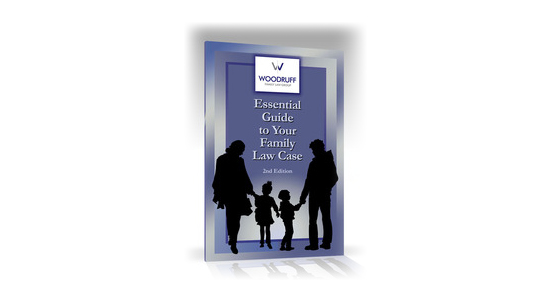Post-nuptial Agreements
Guilford County family law attorneys confront difficult property division issues on a regular basis. The division and distribution of property can be a concern prior to marriage, during the marriage, and following a divorce. Most people are familiar with the concept of a pre-marital agreement – an agreement signed by two parties, not yet married, dealing with the division of their property should they divorce. Less well known are post-nuptial agreements. These are agreements signed by two parties that are already married, but again dealing with the division of their property should they divorce.
For instance, if you and your partner have separated, but later decide that you want to get back together, a second step focusing on the distribution of your property may be something to consider. If you and your partner wish to provide for the division of property in the event that things do not work out and you end up separating again, for good, a post-nuptial agreement can accomplish that for you.
To better understand post-nuptial agreements, here is a quick example. Susan Johnson and Matt Johnson (hypothetical names) of Greensboro have separated. After a couple of months separated, they have been working things out, going to marital counseling, and have decided to get back together again. However, now they are both understandably concerned about what will happen to their property if they do separate again and ultimately divorce. Also, Matt doesn’t want to lose the proof of Susan’s adultery if they separate again.
To solve those worries and alleviate those concerns, Susan and Matt can enter into a post-nuptial agreement, reviewed by their separate attorneys to ensure that each is getting a fair shake and understands the details of the agreement. This will give both Susan and Matt peace of mind just in case they do end up deciding to get a divorce. In this way, post-nuptial agreements are forward-thinking and allow the parties to focus on their day to day lives, instead of worrying about what may come to pass in the future.
Post-nuptial agreements are allowed in North Carolina under its equitable distribution statute. This statute permits marital property to be divided during marriage. If you think back to the above example, this makes sense. A post-nuptial agreement allowed Susan and Matt to determine how they would divide up their assets if they ended up getting a divorce. This is a division of marital property that occurred during the marriage.
A post-nuptial agreement may be utilized upon the acquisition of a closely-held business. Spousal waivers to property interest in a marital business, active and passive appreciation and consideration of the business as an unequal factor in equitable distribution may be covered in a properly prepared post-nuptial agreement
North Carolina General Statute 50-20 allows a postnuptial agreement on property issues. However, a post-nuptial agreement generally cannot extend to cover issues of alimony. This is because of public policy concerns; courts tend not to look fondly upon such agreements wherein one spouse waives their right to future alimony. Therefore, post-nuptial agreements should be limited in their scope to dealing with property issues. This is a big enough task in and out itself.
Attorneys and staff here at Woodruff Family Law Group are well versed in many facets of family law. If you have any questions regarding post-nuptial agreements, we can assist you.









